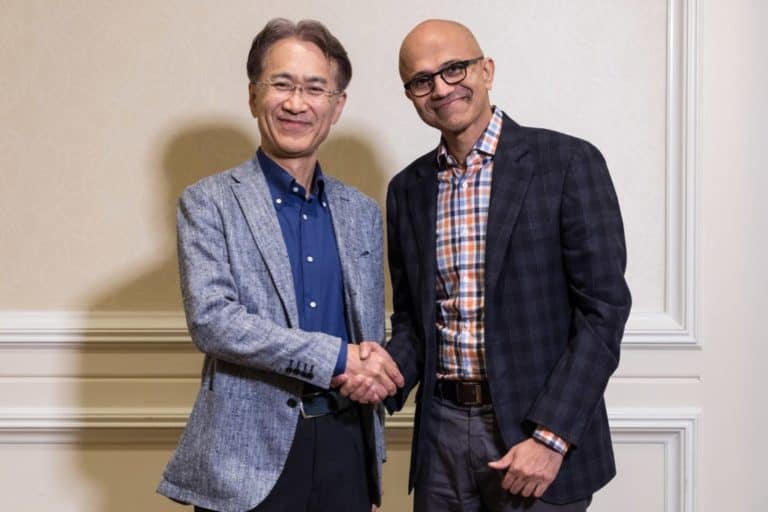The game departments of Microsoft and Sony have buried the hatchet. The two companies have announced that they will start a collaboration, with which they want to improve their gaming platforms. The two companies will create new cloud-based solutions for gaming.
The two companies also want to work on artificial intelligence (AI) solutions, writes Silicon Angle. The companies do not yet want to disclose the exact content of the cooperation. However, a number of details have been shared. For example, Microsoft and Sony will jointly explore the “development of future cloud solutions in Microsoft Azure”, focusing on their gaming services under the Xbox and PlayStation flags.
Compete
Sony already offers the option of streaming games via its PlayStation Now service. Microsoft also wants to start interfering in that segment with its Project xCloud. However, this has not yet been completed. Now the two companies seem to want to work together to improve both services.
It also seems that the two organizations want to compete better together with Google, which earlier this year unveiled plans for the game streaming service Stadia. This particular service does not require a game console, but can stream games directly from Google’s cloud to a Chrome browser, the Chromecast and Pixel smartphones.
However, by working together, Microsoft and Sony can offer something unique. The two companies would be able to play cross-platform and offer operability, as xCloud and PlayStation Now would both be running on Azure. This may create a gaming experience between both platforms with less delay.
Artificial intelligence
Microsoft and Sony will also work together to develop chipsets and technology for artificial intelligence. The intention is to link Microsoft’s Azure AI service to Sony’s image processors for enterprise cloud and edge workloads. Microsoft is also integrating its artificial intelligence platforms with some of Sony’s consumer products.
The cooperation between the two companies is still at an early stage. However, both parties say they will provide more information at a later stage.
This news article was automatically translated from Dutch to give Techzine.eu a head start. All news articles after September 1, 2019 are written in native English and NOT translated. All our background stories are written in native English as well. For more information read our launch article.